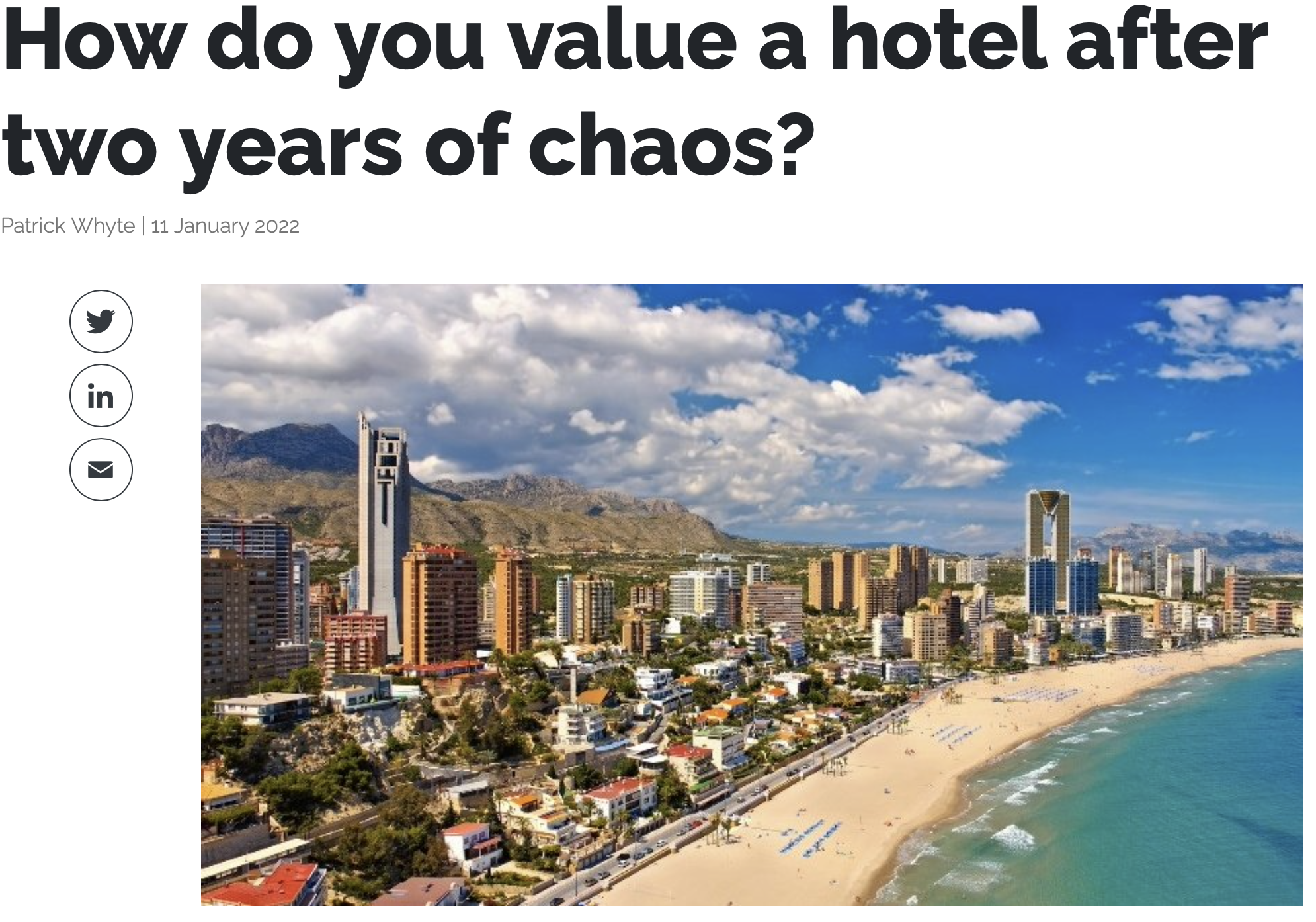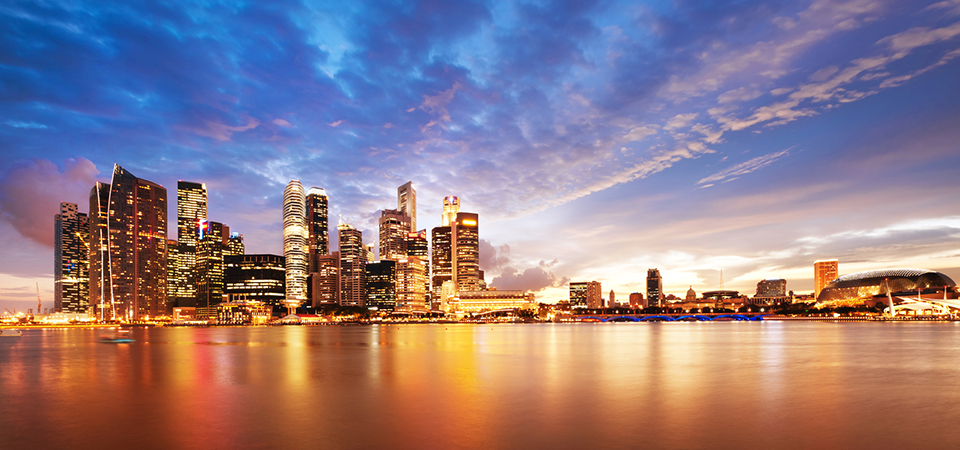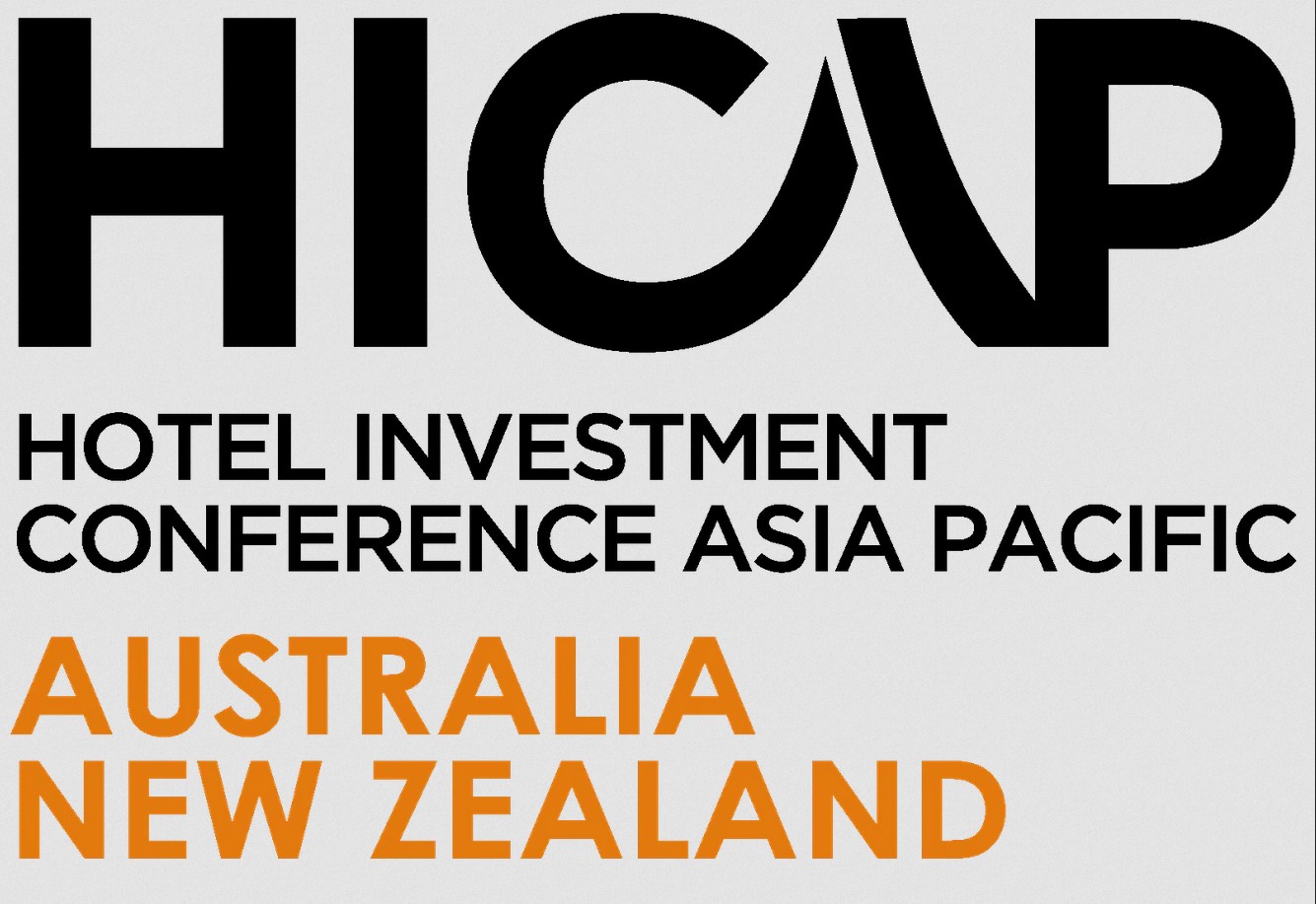
Hospitality Insights: How do you value a hotel after two years of chaos?
Date: January 12, 2022
A global pandemic has made life very difficult for hotel valuers. How do you put a number on a property that might have been closed for long periods with limited comparatives to help you make a judgement? Hospitality Insights spoke to Philip Bacon, Horwath HTL Spain to take a look at how they are making assessments.
Read the full article here.
“2019 is often a good benchmark, but we recognize that this was a peak year for many valuations. If cash flow is back to 2019 levels, we need to account for the additional risk of the long-term effects of the pandemic,” Philip Bacon, Global Practice Leader, Valuations at Horwath HTL said.
Bacon said one of the surprising things so far was that capitalization (cap) rates had not shifted much.
“Cap rates should normally be expected to go up in this uncertain market, but because of shortage of offer on the market and the fact that investors see hotels as one of the more stable asset classes, the real effect is that rates stay at pre covid levels,” he said.
Because there are fewer transaction, Bacon said he was having to make changes to the process.
“In many markets there are few truly comparable sales to use as benchmarks and we are relying more heavily than usual on income capitalisation in our reconciliations of value,” he said.
“A low interest rate environment has boosted investment within the hotel sector, with investors queuing for some assets,” Bacon said.
“Some leisure-based properties have had record years in 2021 and this has affected their attitude to price, but investor interest remains high in this sector which in turn is putting pressure on values.
“In the end, the anticipated flow of distressed assets has not appeared and this has allowed sellers to maintain their price expectations, assuming that they have not been obliged to sell due to external pressures from banks etc.”



